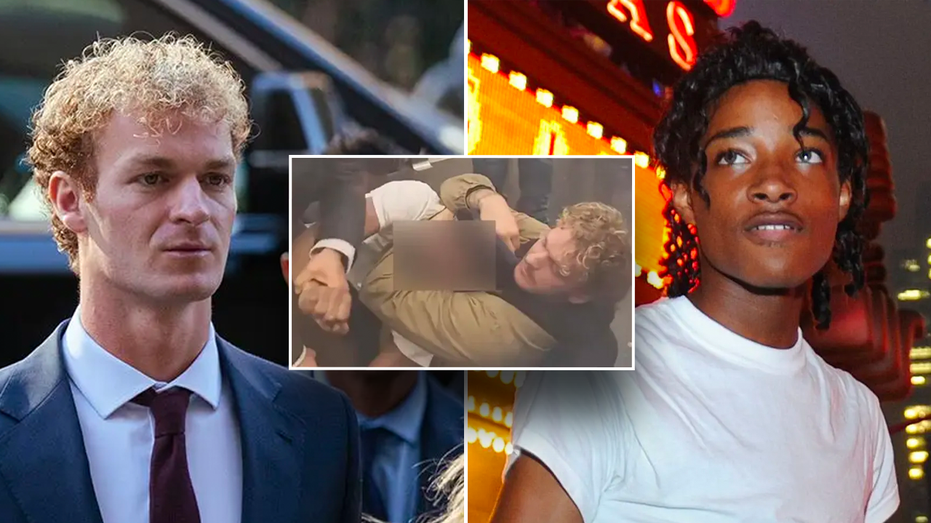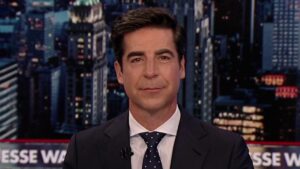
Expert witness for the defense, Dr. Satish Chundru, returns to the stand, and Daniel Penny could also testify at his New York City subway chokehold trial.
NEW YORK – Dr. Satish Chundru, a Texas forensic pathologist working for Daniel Penny’s defense as he fights charges for the subway chokehold death of Jordan Neely, returned to the witness stand Friday for a second day of grilling.
Penny, a 26-year-old Marine veteran and architecture student, grabbed the 30-year-old Neely in the middle of a schizophrenic, drug-fueled outburst on a subway car that witnesses said included death threats and had them fearing for their lives. Although Neely still had a pulse when Penny let go, he later died.
Contrary to the official autopsy report conducted by Dr. Cynthia Harris of the New York City Medical Examiner’s Office, Chundru testified that he does not believe a chokehold caused Neely’s death.
Dr. Michael Baden, a former New York City medical examiner and leading forensic pathologist, disagreed with Chundru’s testimony.
“Dr. Chundru’s testimony may have been very interesting, but it was wrong,” he told Fox News Digital. “He described what can happen in sickle cell disease, not what happens in sickle cell trait, which Neely had. Eight percent of Black people in this country have sickle trait, which is a benign medical condition that rarely causes any symptoms, let alone death.”
At the autopsy, Harris found significant “sickling” on Neely’s organs, she testified, and lawyers on both sides asked for an explanation. She said the condition did not contribute to Neely’s death, and she blamed it solely on asphyxiation from the chokehold.
“Sickle trait red blood cells do sickle after death, when the body’s oxygen supply disappears and can be seen at autopsy – as with Neely or with anyone with sickle trait dying from any condition,” Baden said. “It’s a post-mortem artifact like rigor mortis. Further, death from sickle disease takes days of sickling to occur; it can’t occur in seconds as happened to Neely.”
However, he said, even if the chokehold caused Neely’s death, it is not up to the medical examiner to decide whether that was criminal.
“The individual circumstances are important as to whether the death could [or] should have been avoided, and whether the death should be prosecuted, which is entirely up to the prosecutor,” he said.
Chundru, a former Miami-area medical examiner who now runs a private practice in Texas conducting autopsies in a half-dozen counties, said that he did not believe an air choke caused Neely’s unconsciousness and, therefore, did not cause his death.
Rather, he blamed it on “the combined effects of sickle cell crisis, the schizophrenia, the struggle and restraint, and the synthetic marijuana.”
Penny faces up to 15 years in prison if convicted on the top charge of manslaughter. He also faces a charge of criminally negligent homicide.
It was not immediately clear whether he would take the stand in his own defense, although some experts have suggested it is likely that he will because it is a self-defense case.






